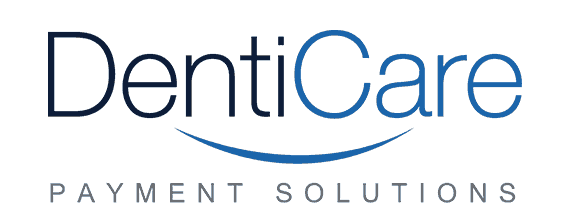FAQs
We answer some of your most frequenly asked questions…
No pain is not a good indicator of good oral health. The main reasons being:
- Whilst some people feel sensitivity with the smallest of cavities, many people do not have any symptoms of sensitivity or pain until a cavity is quite deep into a tooth. Hence why dental x-rays are of critical importance and regular 6 monthly check-ups help to prevent issues from progressing.
- To help prevent gum disease. Gum disease does not often cause pain, it can progress slowly over time very often unnoticed until significant bone loss has occurred. When this occurs it is often only visually noted by the patient over being a painful process.
Getting a check-up and clean regularly can save you a lot of money! By catching smaller dental issues early and preventing them from worsening, a lot of expense is spared in the long-term.
- After you fill out our registration form, the dentist will discuss with you any concerns and desires you have for your oral health.
- Next, we will have a look at your teeth, oral soft tissues and bite for any issues.
- Generally, small “bitewing” x-rays will be taken to detect any cavities in between teeth and under existing fillings.
- A full mouth x-ray (an OPG) may also be taken to assess the overall teeth, bone and surrounding structures. This is taken every 2-3 years.
- High resolution photos will be taken to show you how your mouth looks and to assist the dentist in treatment planning. Please note we respect your privacy and adhere to our privacy policy for all patients.
- Most people will also have dental scaling, polishing and fluoride treatment.
- Yes, we bulk bill for children that are eligible under the Child Dental Benefits Scheme.
- Yes, we also have HICAPS to claim from your health fund on the spot.
- A rule of thumb is to bring a child in 6 months after their first tooth appears, so generally around 1 years old. They can attend each 6 months to a year after this with you to observe you getting your teeth checked and cleaned. Doing this gets the child used to the environment and helps to promote a positive dental experience early on.
- It is much more important to keep your mouth healthy during this time, to prevent infections.
- Gum disease (periodontitis) has been linked to low birth weight(1) so cleans are important during pregnancy (2nd trimester) especially as pregnant women are more prone to gingivitis.
- Seeing a small clinic will mean you will be seeing the same dentist every time. Dentistry is surgery, so the results are dependent on the skills of the individual dentist.
- An accredited practice means policies and processes of the practice have been audited by an independent third party to be a safe place to be treated and work. At the moment this is not mandatory for dental practices. Kariong Dental Care is fully accredited.
A common problem is that teeth will crack, either due to trauma, grinding, clenching, decay or heavily filled teeth. “Cracked Tooth Syndrome” relates to a variety of symptoms and signs caused by a crack or many cracks in a tooth. Early diagnosis is needed to improve the chances of saving a cracked tooth.
Symptoms include:
- Sharp and erratic pain upon chewing or after release of biting pressure: not all cracks cause pain.
- Sensitivity to cold or hot foods/drinks, or sweets
- Difficulty in pinpointing which tooth hurts, either upper or lower
If you suspect that you may have a cracked tooth, discuss this with one of our dentists.
As the plaque and calculus accumulate, the periodontal disease continues. Supporting tissues around the teeth (gums, periodontal ligaments, bone) are lost.
Periodontal pockets form which trap additional plaque. Bad breath often accompanies this condition. Once the bone that supports the teeth is lost, it will not regrow without surgical intervention.
Radiographic or X-ray examinations provide your dentist with an important diagnostic tool that shows the condition of your teeth, their roots, jaw placement and the overall composition of your facial bones. The smaller dental x-rays are critical to diagnose decay with only the outside of teeth visible to dentists.
X-Rays can help your dentist determine the presence or degree of periodontal disease, abscesses and any suspected abnormalities. X-rays can also show the location of impacted teeth.



